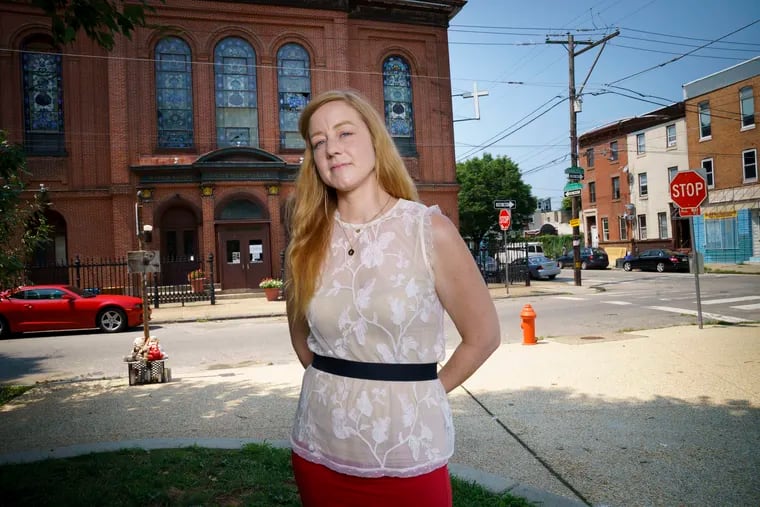Imagine you are pregnant and your doctor tells you that your baby has a disability. Imagine you are told, even late in the pregnancy, that this disability is a strong reason to have an abortion. Imagine that the disability is something like a clubfoot. Imagine you are a mother and you choose to have an abortion.
Now, imagine you are a person with clubfoot who is living a fully functional, active and productive life, listening to all of this.
I was born with clubfoot in 1978. When I recently read about a woman who chose to abort her fetus because doctors told her it might have clubfoot, I felt a physical twisting pain in the middle of my chest between my ribs. I can’t imagine it was an easy decision for this family, but the idea that a fetus diagnosed with a disability should be the only reason for an abortion is beyond my understanding.
» READ MORE: Inquirer readers react as Roe v. Wade is under threat
As well as advocating for disability rights, I have worked on issues around prison reform, workers’ rights and a living wage for women. This is work that I do internationally and have been recognised for. I say these things not because it makes my life more valuable. But in many ways, everything I do is tied to the idea that because I have a disability, I have to prove that my life is worth living.
This month, I was reminded just how “worthless” my life is to other people when Politico shared a leaked draft of the Supreme Court’s decision to overturn Roe v. Wade, the landmark decision that legalized abortion. Many abortion rights activists argue that this issue is about health care and autonomy. They also argue that mothers should be allowed to terminate their pregnancies in cases of disability.
This dialogue is based on the false idea that disability is a prison – that our lives are worthless and that we are the “other.” It excludes us from conversations about healthcare and independence, even though we are constantly forced to fight to be seen as independent and in control of our lives.
By ignoring the lives of people with disabilities, abortion rights activists undermine their claim that this fight is about health care and independence. What they really mean is that this fight is about pregnant people, not those yet to be born.
The assumption that there is no happiness in life with a disability is a false one, and I am here to tell you that even in the midst of the worst pain – physical, emotional and psychological – there is deep joy.
But it is not surprising that some people who believe in abortion rights also believe that a life with a disability is not worth living.
In 2017, Iceland reported that it had nearly eradicated Down syndrome, which it achieved by encouraging women carrying fetuses suspected of having Down syndrome to abort. To claim the “eradication” of a disability is to claim the eradication of an entire vibrant, meaningful, and joyful culture.
The truth is, all people with disabilities make positive contributions to society, and as our country debates whether abortion should be legal, I want to remind everyone that we with disabilities have the right to live freely and that our existence is valid.
Aja Beech is a writer and organizer currently studying for a Master of Laws at Fordham University. authorajabeech.org

